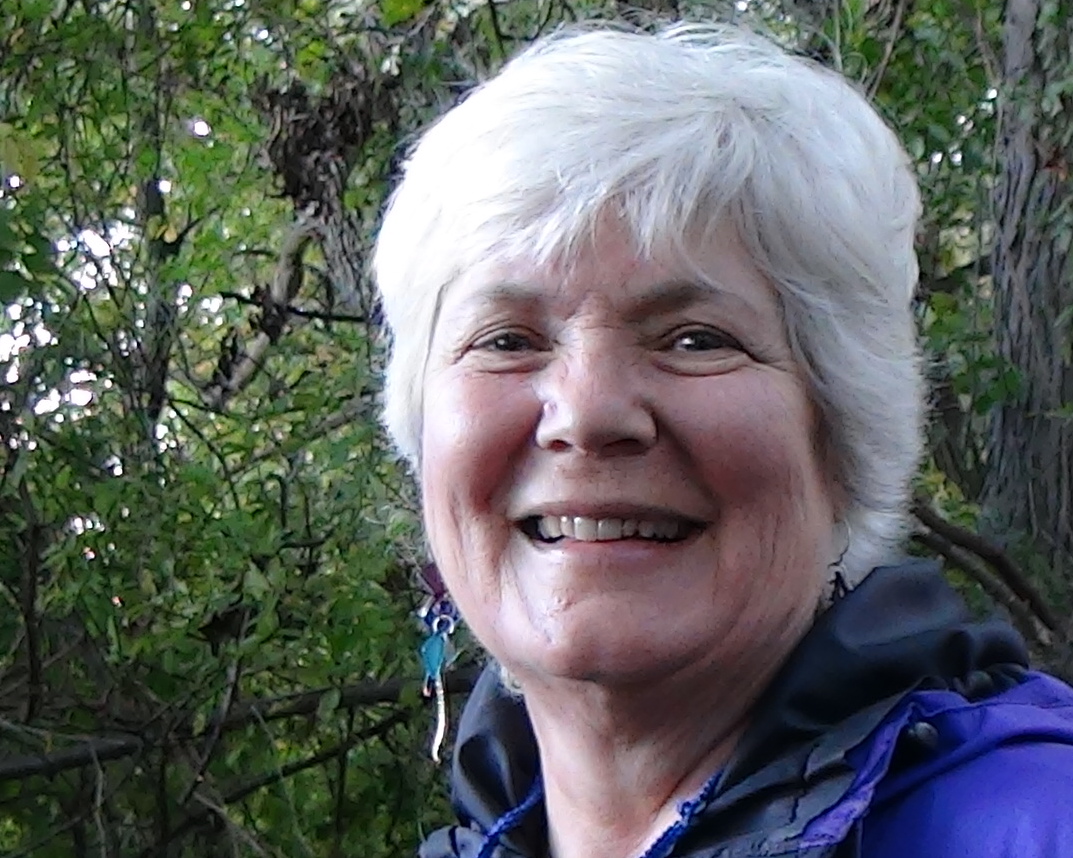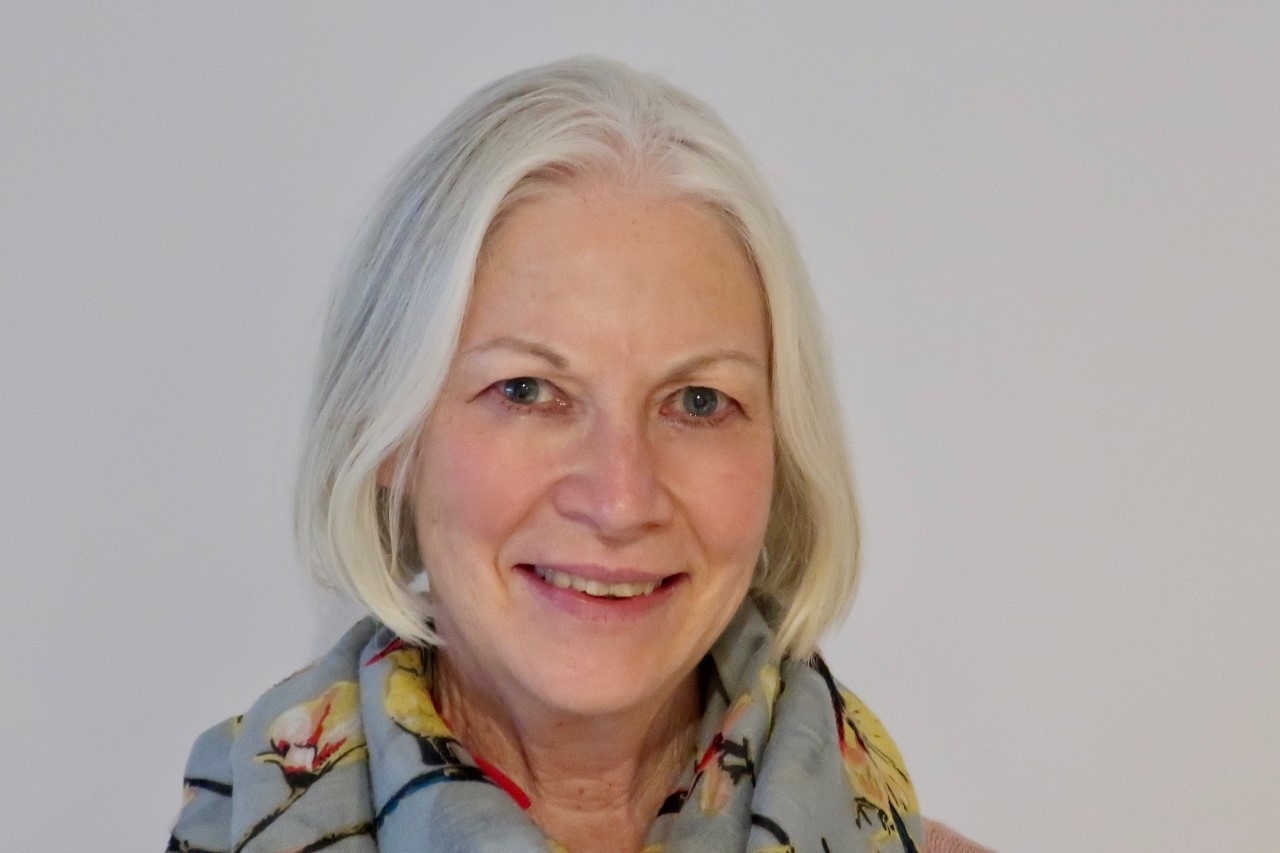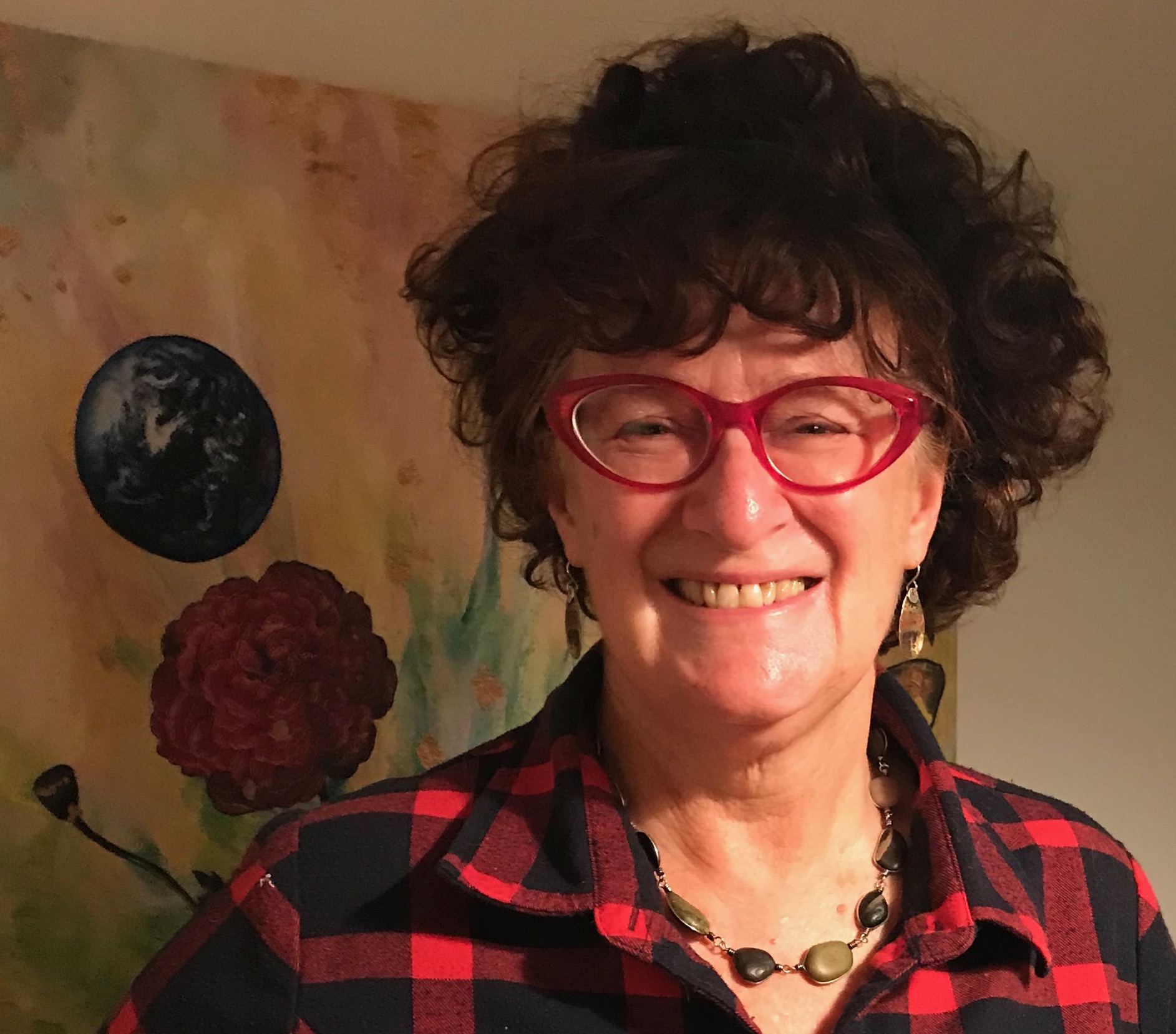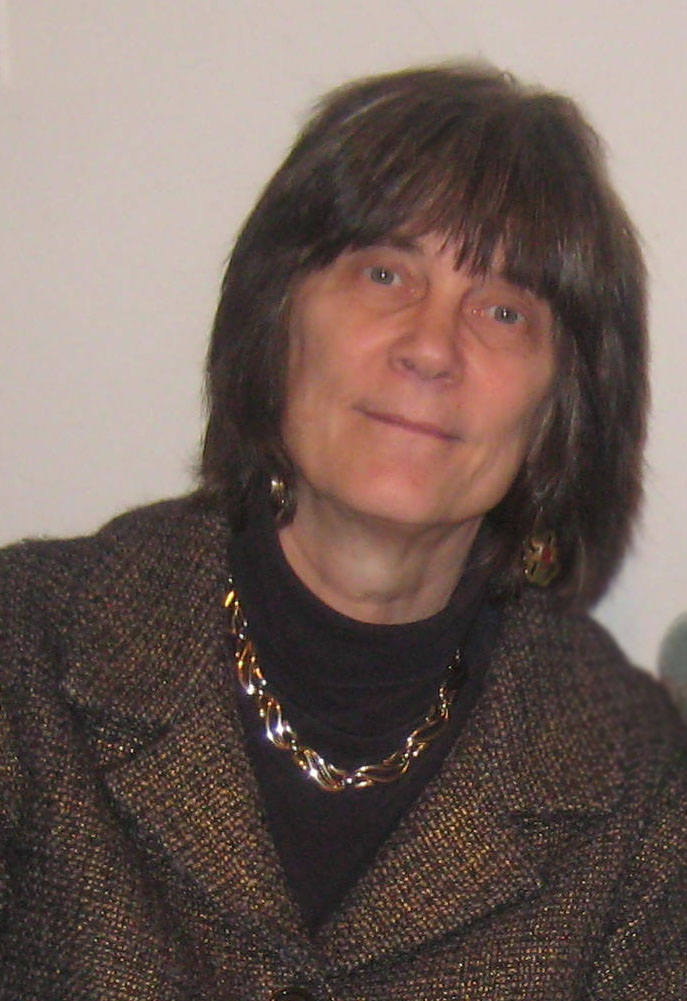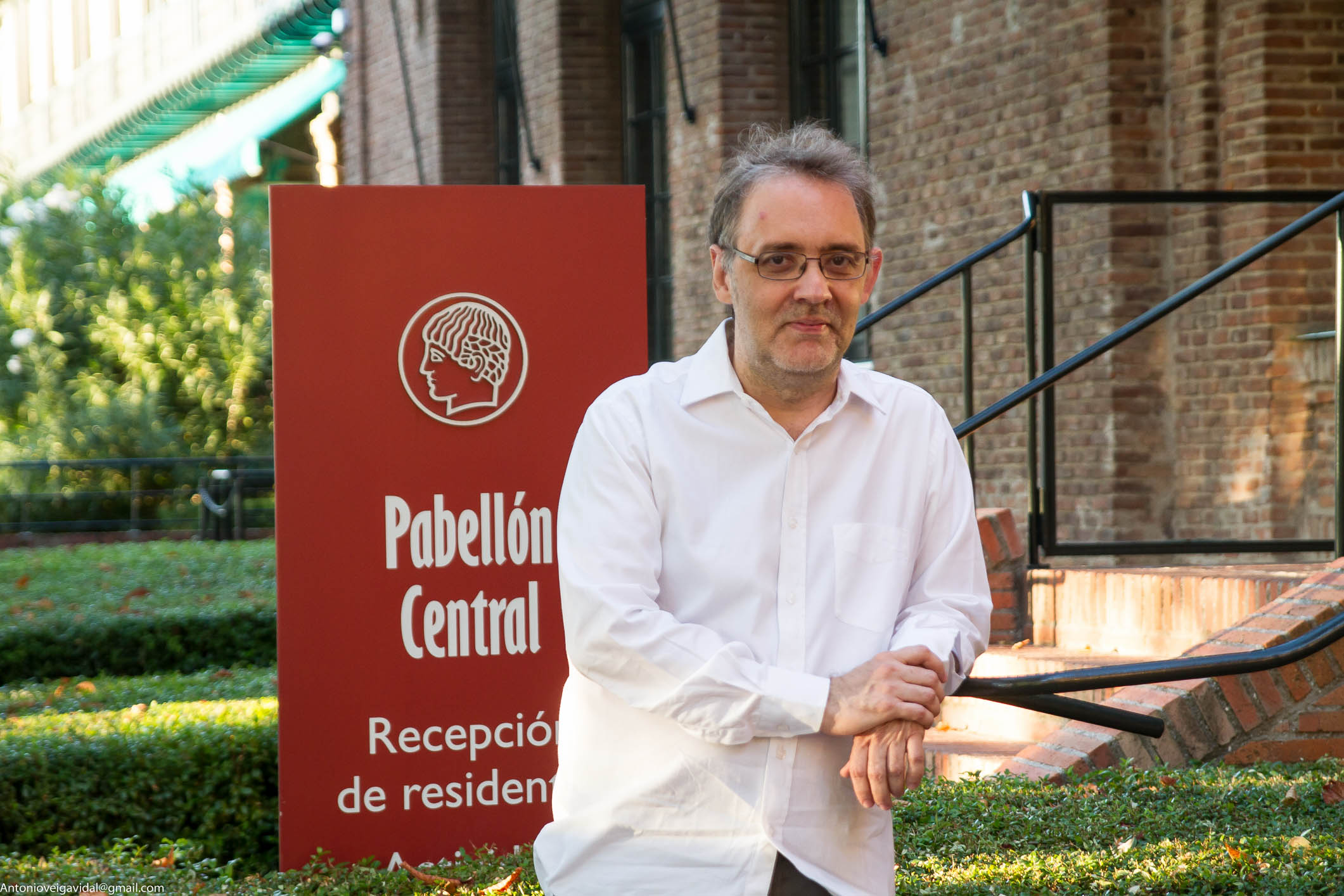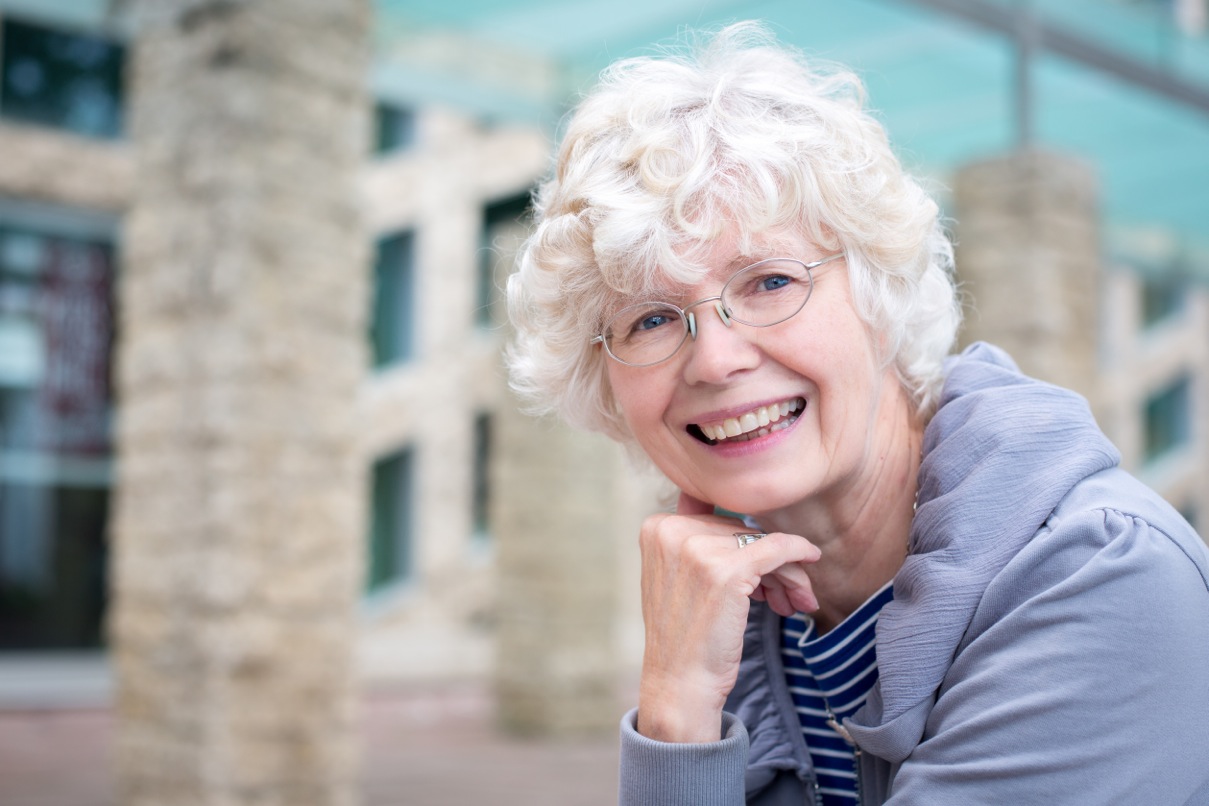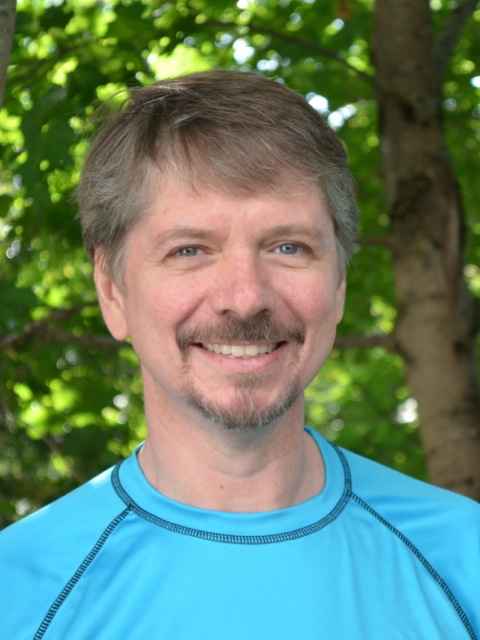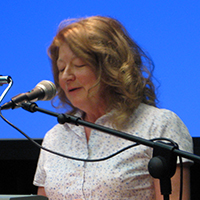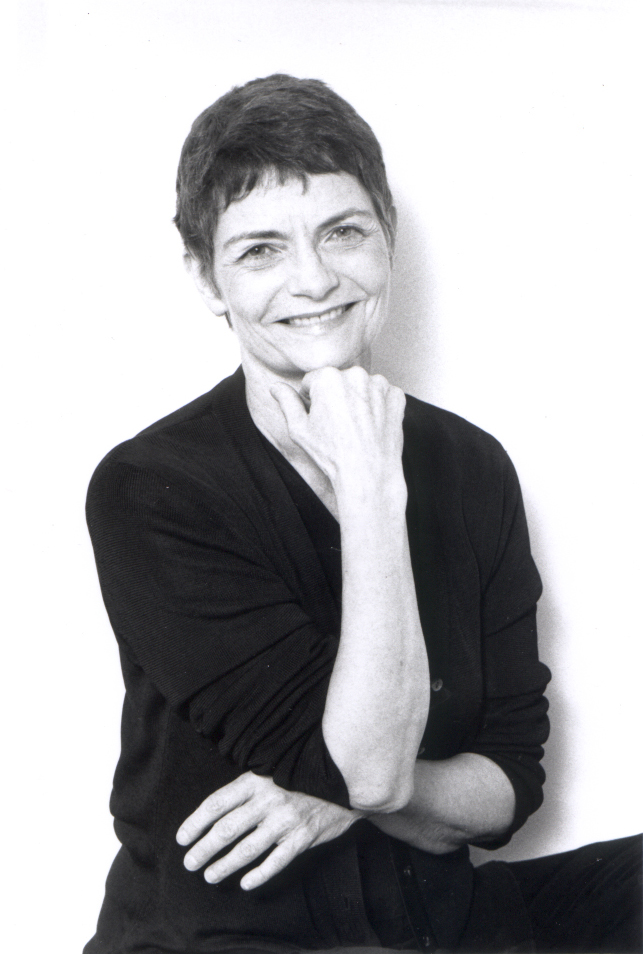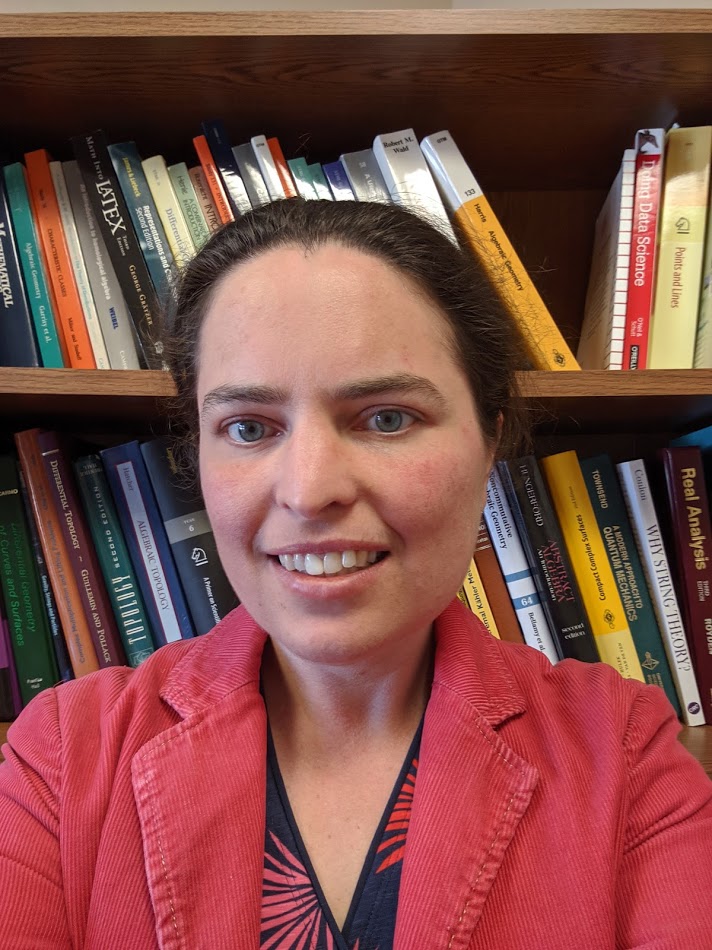
Celebrating 10 years of poetry readings at Bridges!
Coordinated by Sarah Glaz, Emeritus Professor of Mathematics at the University of Connecticut and poet, the poetry reading at Bridges 2020 features poetry with strong links to mathematics, a great variety of topics, and a wide range of poetic styles. This year marks the 10 years anniversary of poetry readings at Bridges, and we celebrate this milestone with a festive reading and a special poetry anthology. The program starts with fourteen prominent poets reading selections from their work, followed by an open microphone period where past Bridges poets and Bridges 2020 participants read their own mathematical poems. Works by past and present Bridges poets are included in the Bridges 2020 Poetry Anthology (Tessellations Publishing, 2020). More information about the anthology appears on the Bridges 2020 Virtual Conference site and on The Bridges 2020 Poetry Anthology site. For a beautifully printed poetry anthology, which does justice to its contents, we recommend purchasing the Bridges 2920 Poetry Anthology Premier version.
Coronavirus Update:
Due to the COVID-19 pandemic the Bridges organization regrets that it was not able to hold the Bridges Conference planned for Aalto University in August 2020. The mathematical poetry reading that was scheduled to be held on Sunday, August 2 became virtual. Videos of poets reading their work are linked below. We hope that you enjoy the virtual reading as much as you would if we were all there in person.
Attention page viewers!
This page and several of the linked videos are best viewed on a wide screen. In case the screen is narrow, please scroll right and left to display both columns of the featured poets' table and fully display all linked videos.
About the Coordinator and the Invited Poets
Including links to the videos of the Bridges 2020 Virtual Poetry Reading
|
Bridges 2020 Virtual Poetry Reading Sarah Glaz reads: If not loved, then useful, Mathematical models of rejection, and On the way to New Jersey in winter of 2000 https://www.youtube.com/watch?v=5rDKBsckbV8&feature=youtu.be |
|
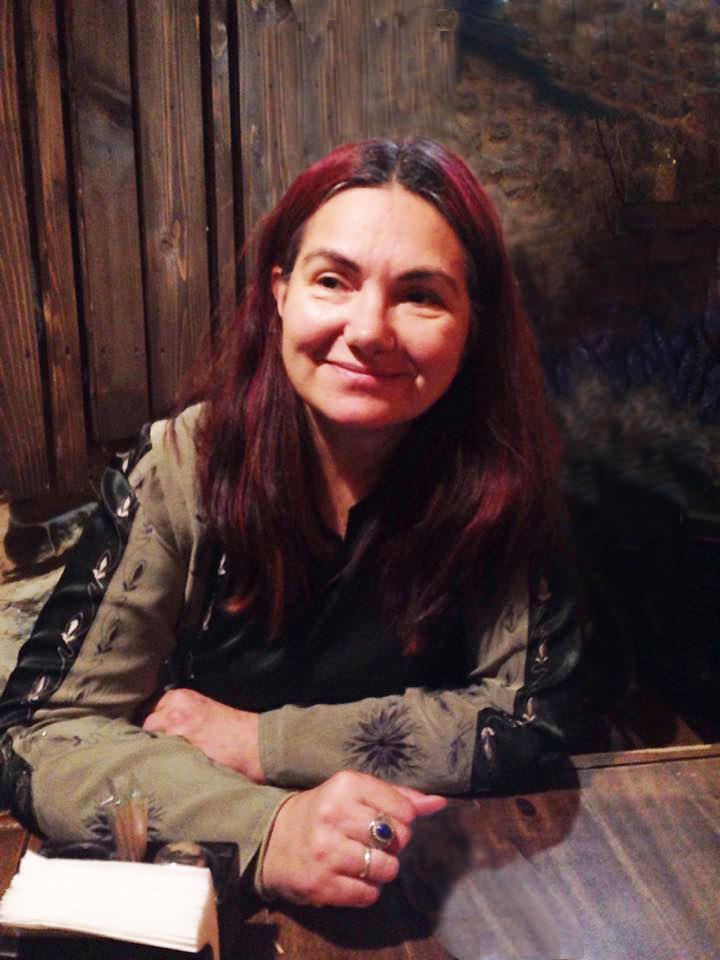 Tatiana
Bonch-Osmolovskaya was born in former Soviet
Union and studied physics at Moscow Institute of Physics
and Technology and philology at Moscow State
Humanitarian University, where she earned a Ph.D. in
Russian experimental poetry. Tatiana is author of
fourteen books in Russian, including Introduction
to the Literature of Formal Restrictions and Labyrinths
of Combinatorial Literature, and co-editor of the
anthology, Freedom of Restriction. Her
poetry in English appeared in: Can I tell you a
secret?, Across the Russian Wor(l)d,
Bridges, London Grip, POEM, Rochford Street
Review, and Journal of Humanistic
Mathematics. She is a member of the
editorial committee of Articulation and the
board of PEN Moscow, and was guest-editor of a Symmetry
literary issue. Tatiana organized the Mathematics
and Arts seminar, the GolosA
Festival of Combinatorial Poetry, and the Symmetry
Festival Literary Session. http://antipodes.org.au/en.aboutTatianaBonch.html
https://www.youtube.com/watch?v=HAqYhy9L2XE |
https://www.youtube.com/watch?v=_SbSSQVAj_g&feature=youtu.be
|
|
https://www.youtube.com/watch?v=RZrR-JnYhfc&feature=youtu.be
|
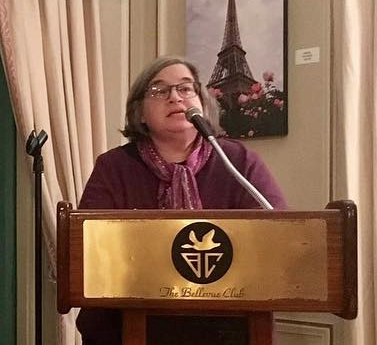
Bridges 2020 Virtual Poetry Reading Carol Dorf reads: I forgot the turnkey to the void, Afterwards, the house, Winter, Ask for a universe and what do you get, and The geometry of distraction https://www.youtube.com/watch?v=vlkvljaKeHk
|
Susan Gerofsky, Mathematics
Education
professor at the University of British Columbia,
Canada, brings experience from many fields to
mathematics education. Her research is in
embodied, multisensory, multimodal mathematics
education through the arts, including poetry, dance
and movement, film, theatre, gesture and voice. She
also works in garden-based environmental
education, language and genres of
mathematics education, and media theory. She
holds degrees in languages and linguistics
and mathematics education, and worked
for years in film production, adult education,
and as a high school teacher. Dr. Gerofsky has
studied and taught in England, Brazil, Italy,
Germany and Cuba. She speaks several languages,
is an active musician, and a published poet and
playwright. She contributed to the
award-winning book, Poetic Inquiry:
Enchantment of Place (Vernon Press, 2017)
and has a verse play published in The
Mathematical
Intelligencer.
https://www.youtube.com/watch?v=X9dTiP1GVrI&feature=youtu.be |
|
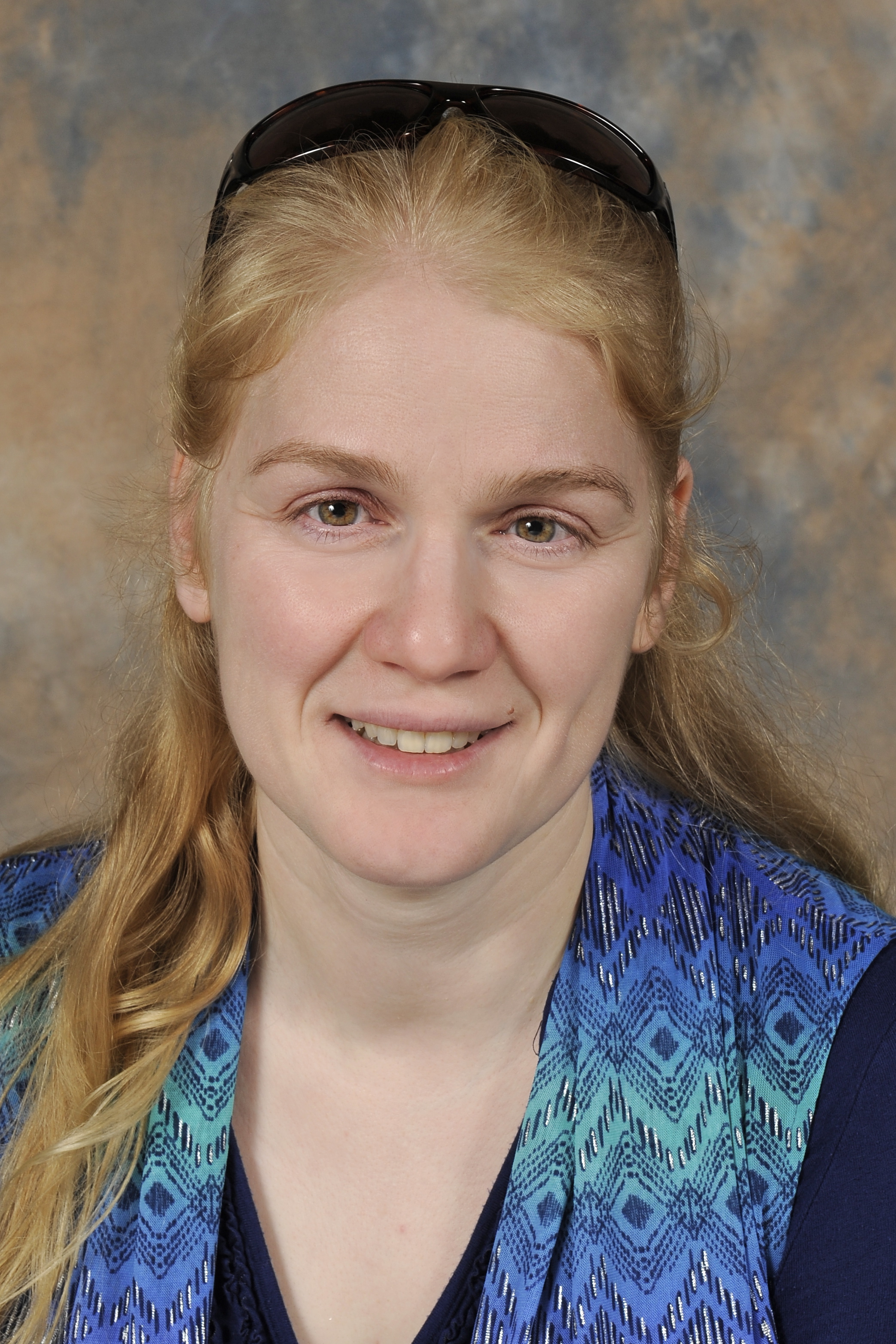
Gizem Karaali is a
Professor of Mathematics at Pomona College. She earned a
Ph.D. from University of California, Berkeley, in 2004.
Her mathematical research lies in the
areas of representation theory, super quantum
groups, and algebraic combinatorics. Her scholarly
interests include humanistic mathematics, quantitative
literacy, and social justice implications of
mathematics and mathematics education. Gizem is a
founding editor of the Journal of Humanistic
Mathematics, and is an associate editor
of the Mathematical Intelligencer and Numeracy.
She has organized panels, paper sessions, and poetry
readings, and presented invited addresses to diverse
audiences. She has a National Security Agency Young
Investigator Award, is a Sepia Dot (2006 Project NExT
fellow), and is serving currently as chair of
SIGMAA-QL. In her spare time she likes traveling,
reading and writing, and hanging out with her
two children. Bridges 2020 Virtual Poetry Reading Gizem Karaali reads: Hope's misery, Trypanophobia, The bread crumbs of proof, and A mother's math is never done https://www.youtube.com/watch?v=O9IeqyfRV4c&feature=youtu.be |
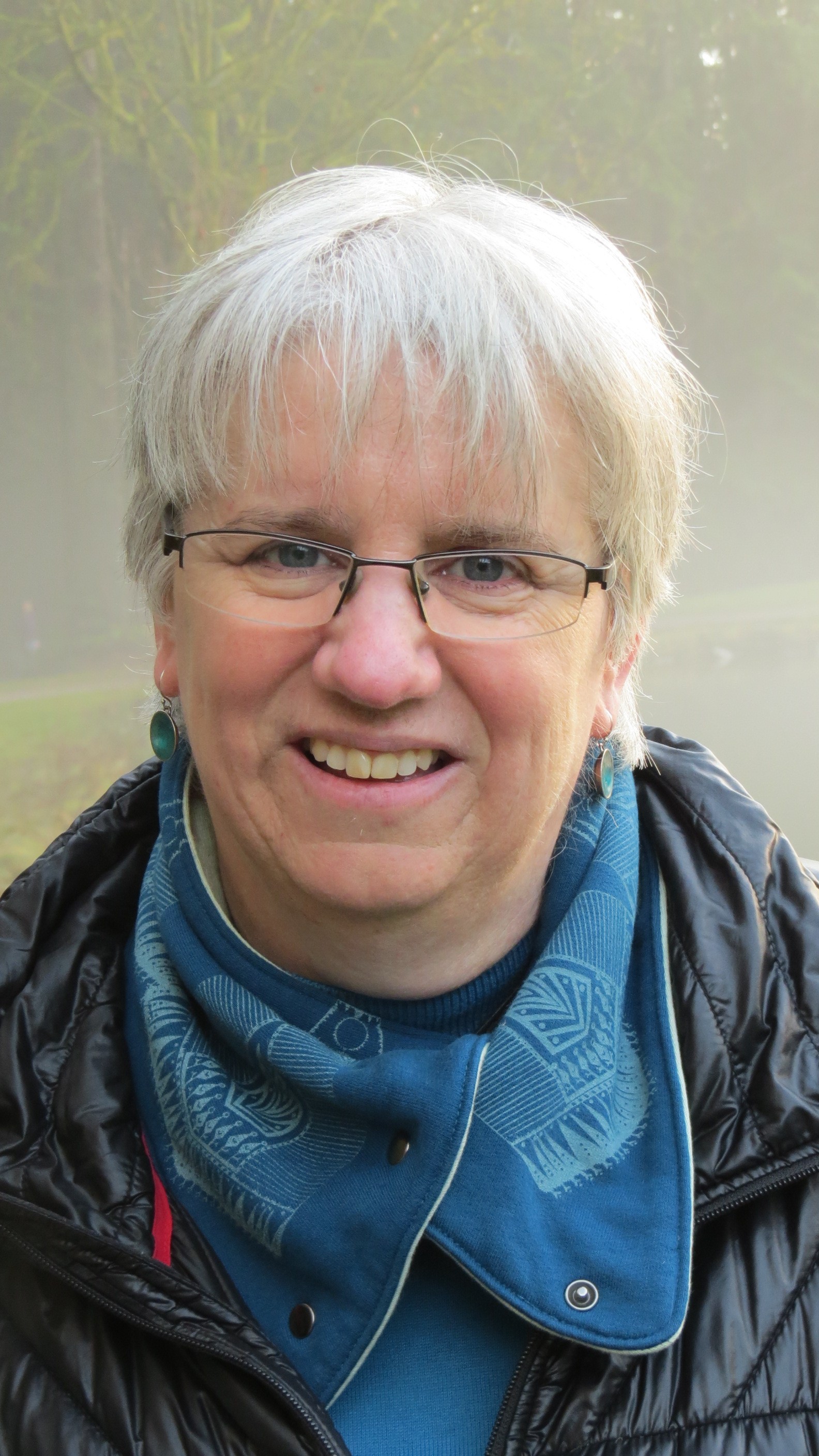
Bridges 2020 Virtual Poetry Reading Lisa Lajeunesse reads: How Taylor series can resonate on a first date, Fatal flaw, and A portrait of my mother as a bifurcation diagram https://bit.ly/3iwFpkf (Use white navigation options in
upper right of screen to customize view.) |
|
Marco Lucchesi,
Professor of Comparative Literature at the Federal
University of Rio de Janeiro, is a Brazilian poet,
novelist, essayist and translator. Marco was elected to
the Brazilian Academy of Letters (ABL) in 2011 and
became its president in 2018. He is the
former editor-in-chief of the ABL journal, Revista
Brasileira, and the National Library of Brazil
poetry magazine, Poesia Sempre. His publications
include over twenty-five award winning books and
numerous works of translation, among others Novos
Poemas Reunidos [New Collected Poems], Hinos
Matematicos [Mathematical Hymns], and translations
of Rumi, Khlebnikov, Rilke, Pasternak and Vico. His work
has been widely anthologized and translated into more
than ten languages. His literary honors include the
Jabuti Prize, the Romanian Latin Prize, the Ministry of
Italian Culture Prize, and Alceu Amoroso Lima, a
lifetime achievement award in poetry.
https://www.youtube.com/watch?v=JPWGJ9JVX1s&feature=youtu.be |
https://www.youtube.com/watch?v=43A3dqTVq2E&feature=youtu.be |
|
https://www.youtube.com/watch?v=H_CTB6sLnR4&feature=youtu.be
|
http://onlinelibrary.wiley.com/enhanced/doi/10.1111/j.1740-9713.2011.00510.x
https://www.youtube.com/watch?v=vu4ylZn4Opc&feature=youtu.be
|
|
Bridges 2020 Virtual
Poetry Reading
https://www.youtube.com/watch?v=wV09mM67VQg |
https://www.youtube.com/watch?v=LwjCoKArKfM
|
Open Microphone for Past Bridges Poets and Bridges 2020 Virtual Participants
Including links to the videos of the Bridges 2020 Virtual Open Mic
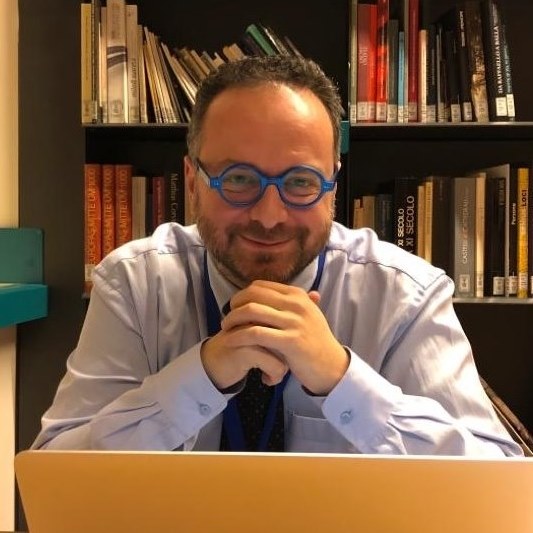
Federico Favali
Universidad Nacional de Tres de Febrero, Buenos Aires,
Argentina
https://en.wikipedia.org/wiki/Federico_Favali
Bridges 2020
Virtual Poetry Reading
Maria Mannone reads Federico Favali's
poem: Hope
https://www.youtube.com/watch?v=p_y_xR-Azf8&feature=youtu.be
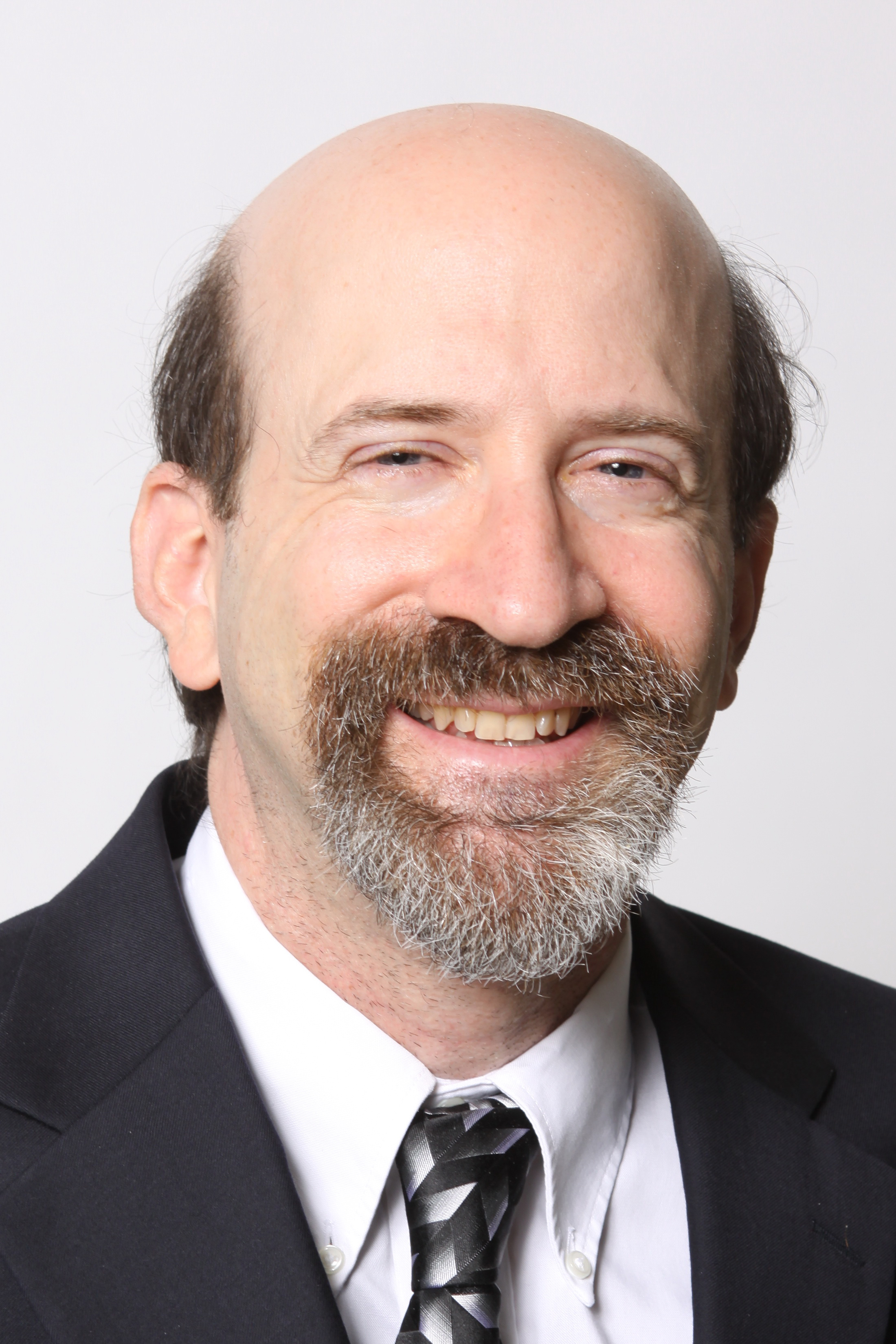
Lawrence (Larry) Lesser
The University of Texas at El Paso, USA
https://larrylesser.com/poet-larry-ate/
Bridges 2020
Virtual Poetry Reading
Larry Lesser reads: Di/vision,
Vertical, Worry lines, and Systematic sample from
a children's song
https://www.youtube.com/watch?v=Lk-jzatbbn0
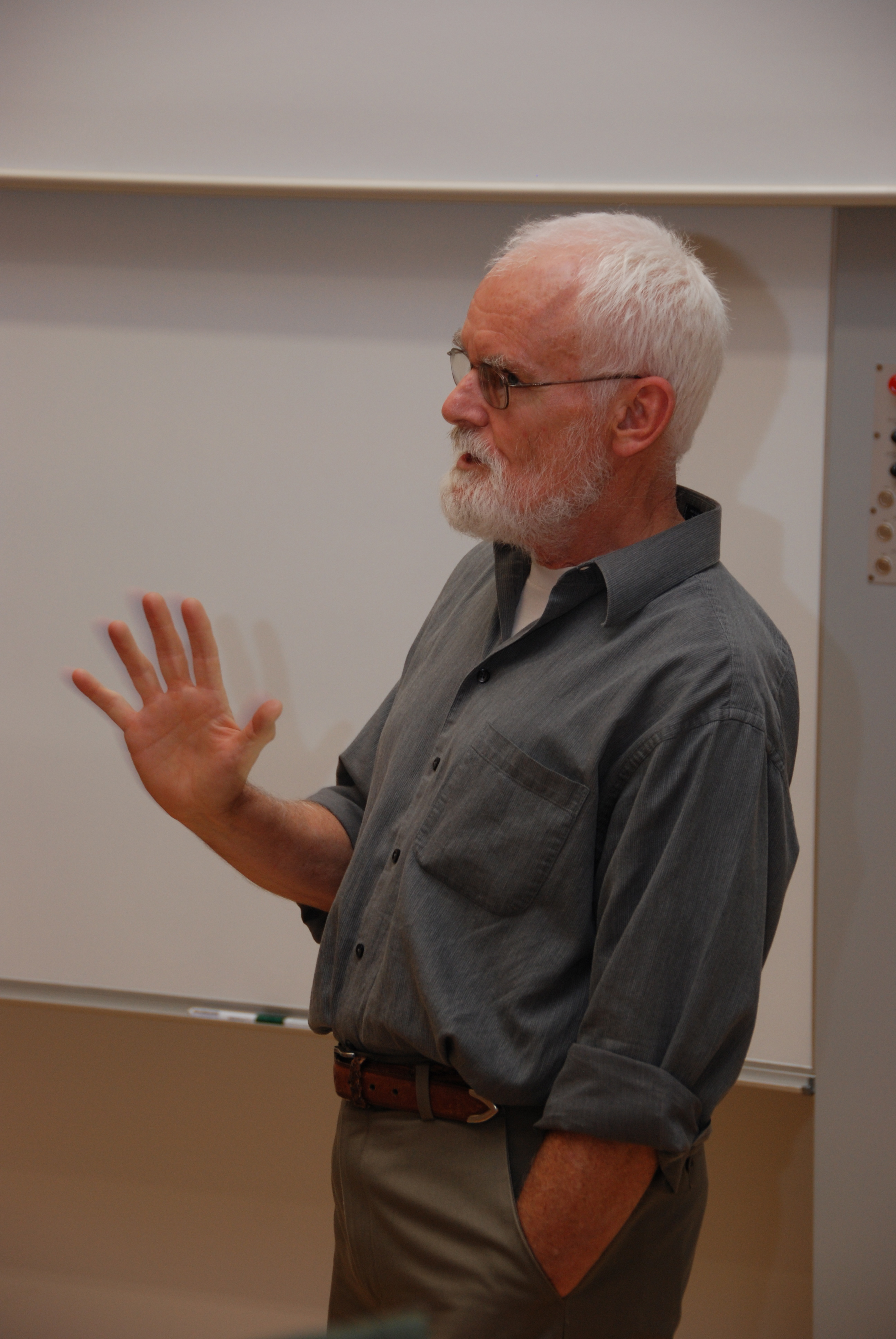
Philip
Holmes
Princeton University, USA
https://mae.princeton.edu/people/faculty/holmes
Bridges 2020
Virtual Poetry Reading
Philip Holmes reads: A maze of
lines, and Bookshelves
https://www.youtube.com/watch?v=NJAVwfAMpak&feature=youtu.be
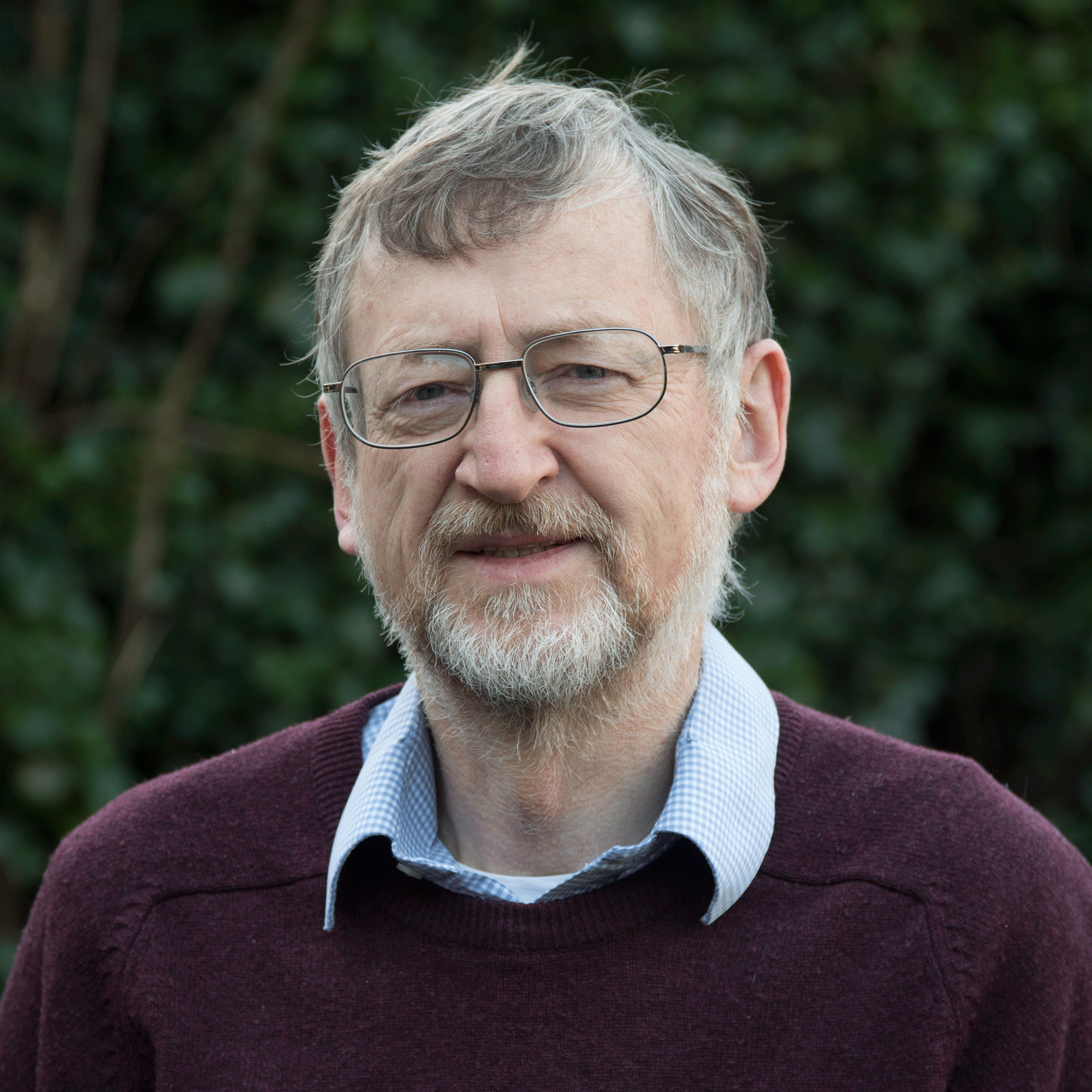
Iggy McGovern
Trinity College, Dublin, Ireland
http://iggymcgovern.com
Bridges 2020
Virtual Poetry Reading
Iggy McGovern reads: The
mathematical barman and Algebra
https://www.youtube.com/watch?v=L32l0-0TC4Y&feature=youtu.be
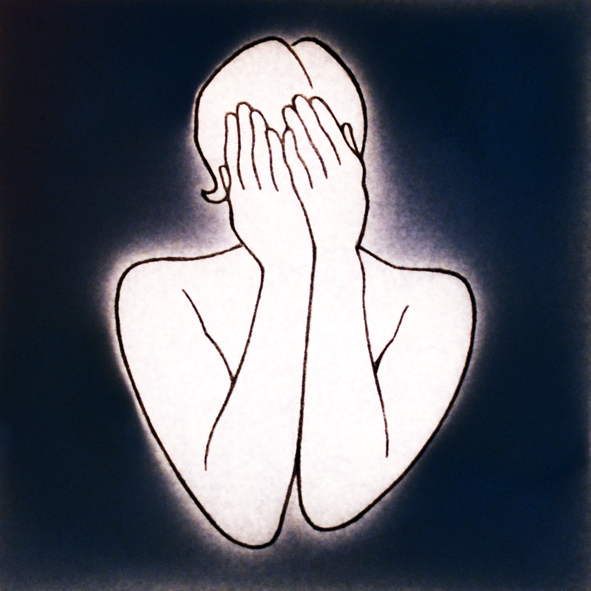
Hedy Hempe
Enschede/Hengelo, The Netherlands
Bridges 2020
Virtual Poetry Reading
Hedy Hempe reads: Renaissance
https://www.youtube.com/watch?v=KHgrrpiW06Y
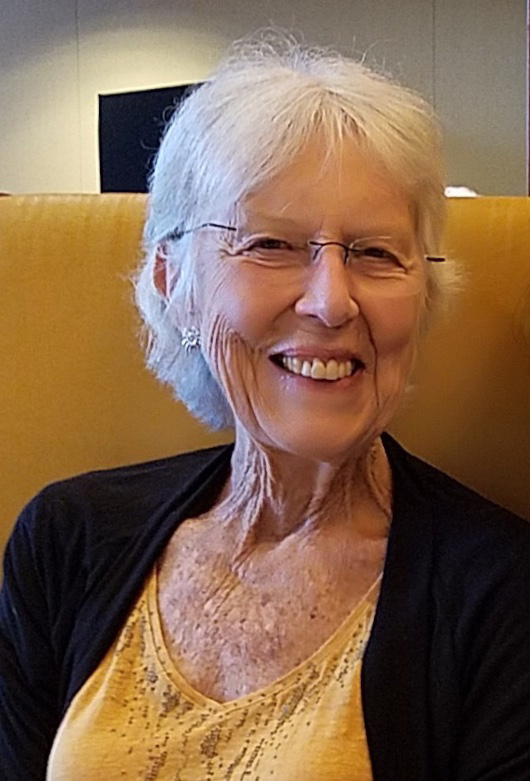
JoAnne Growney
Silver Spring, MD, USA
https://poetrywithmathematics.blogspot.com/
Bridges 2020
Virtual Poetry Reading
JoAnne Growney reads: Love mathematics! and A
baker's dozen
https://www.youtube.com/watch?v=LlnqTlw2rrk&feature=youtu.be
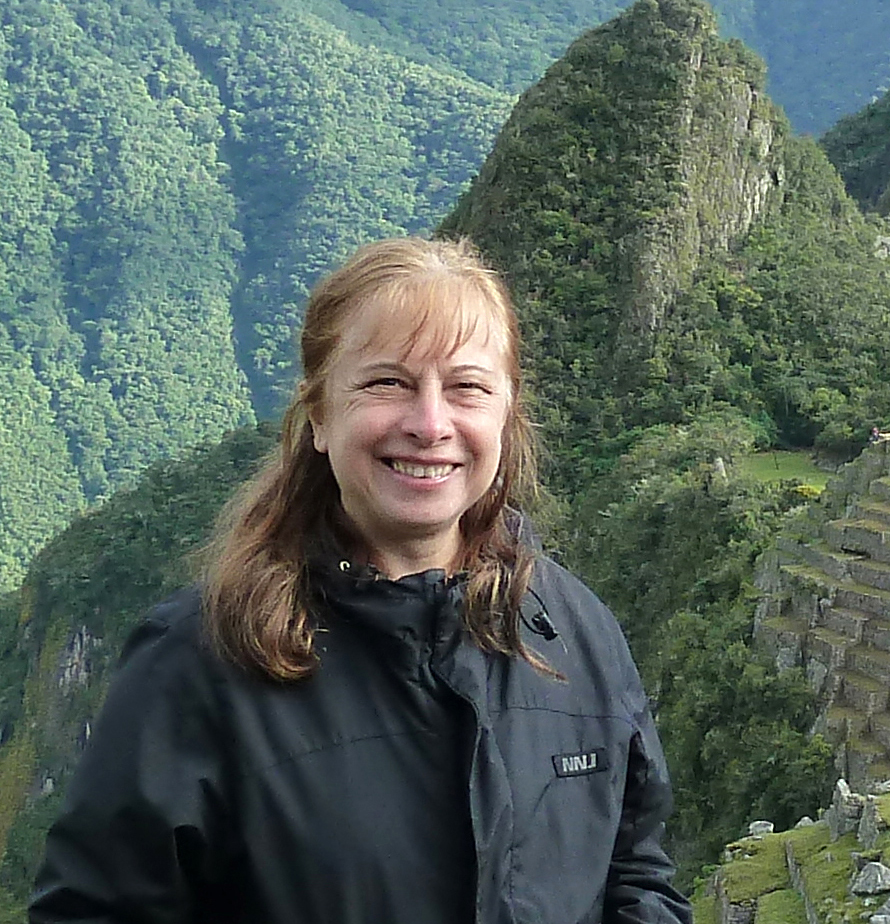
Susana
Sulic
Paris, France
http://www.lespressesdureel.com/EN/ouvrage.php?menu=&id=5981
Bridges 2020
Virtual Poetry Reading
Susana Sulic reads: Contamination poetry
https://www.youtube.com/watch?v=jYI-5kzbN5E&feature=youtu.be
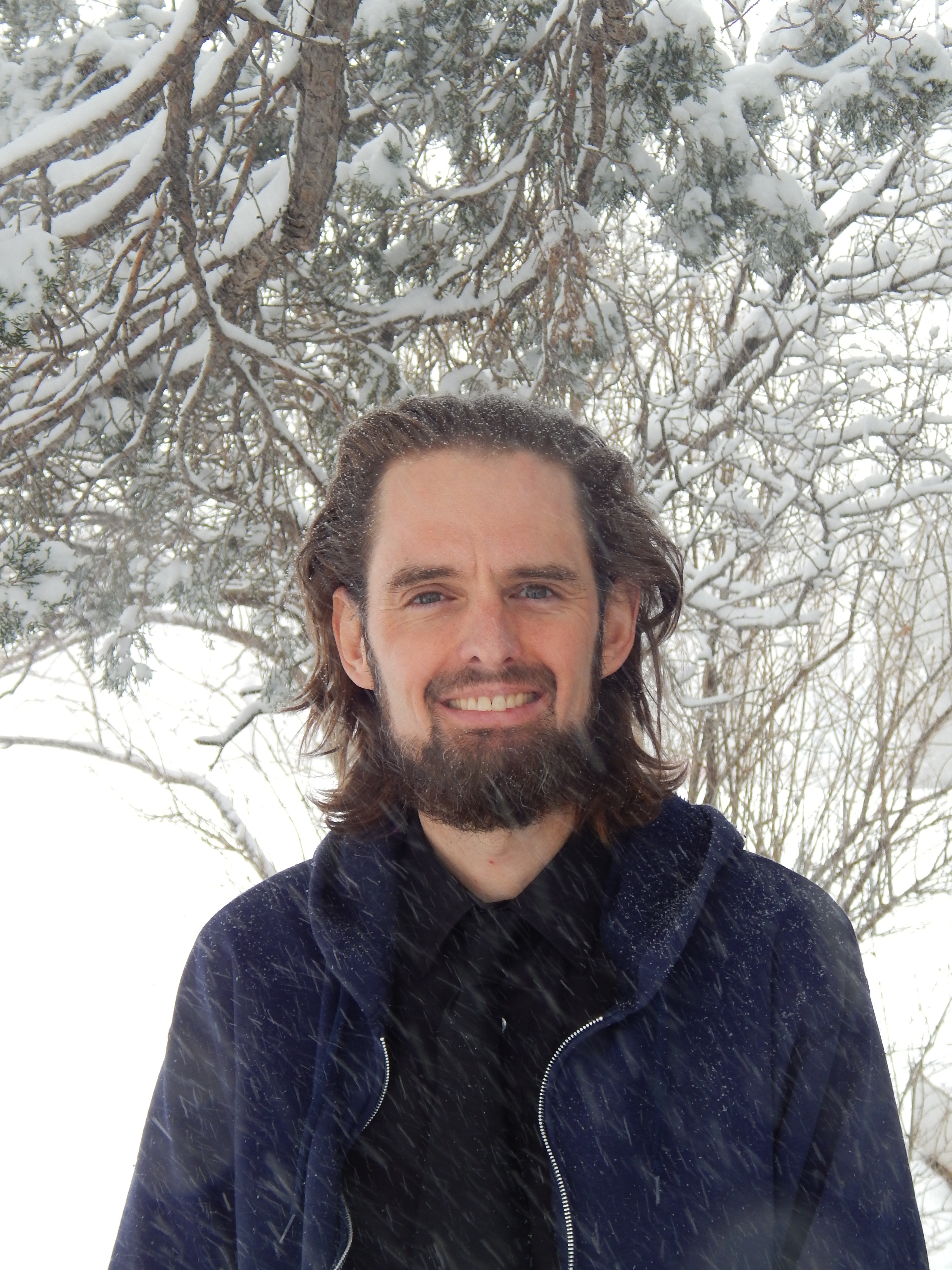
Daniel May
Black Hills State University, Spearfish, South Dakota, USA
https://talkingwriting.com/daniel-may-poem
Bridges 2020 Virtual Poetry Reading
Daniel May reads: Glide: A cross country skiing cadae and An FTA poem for the end of the semester
https://www.youtube.com/watch?v=7JxYxnm9L-w
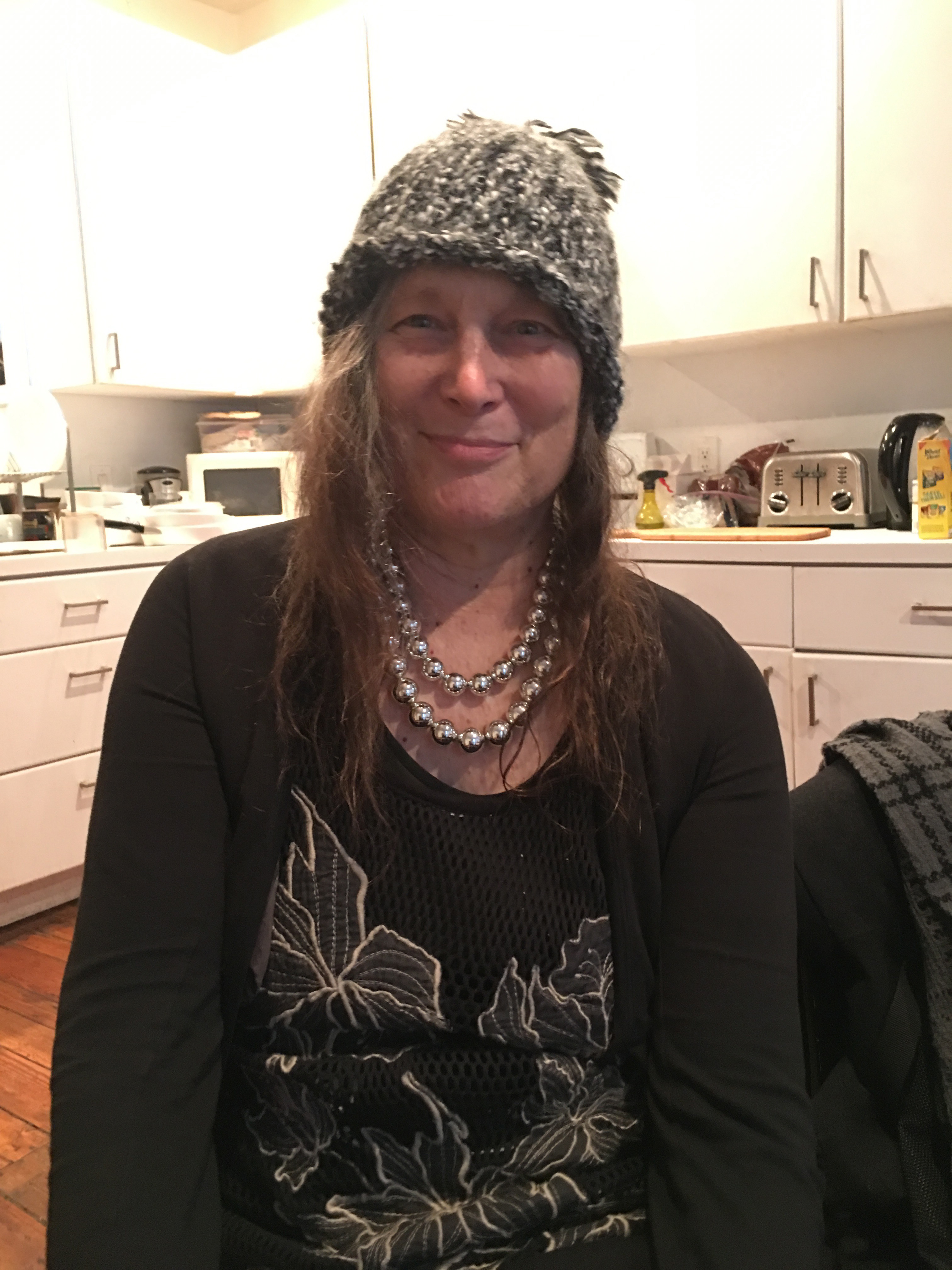
Marion
Deutsche Cohen
Drexel University, Philadelphia, PA, USA
https://marioncohen.net/
Bridges 2020 Virtual Poetry Reading
Marion Deutsche Cohen reads: Two special math poems, This math problem, Math, More about the positive integers, small and large, and two limericks
https://www.youtube.com/watch?v=RxOSEsTEsyY
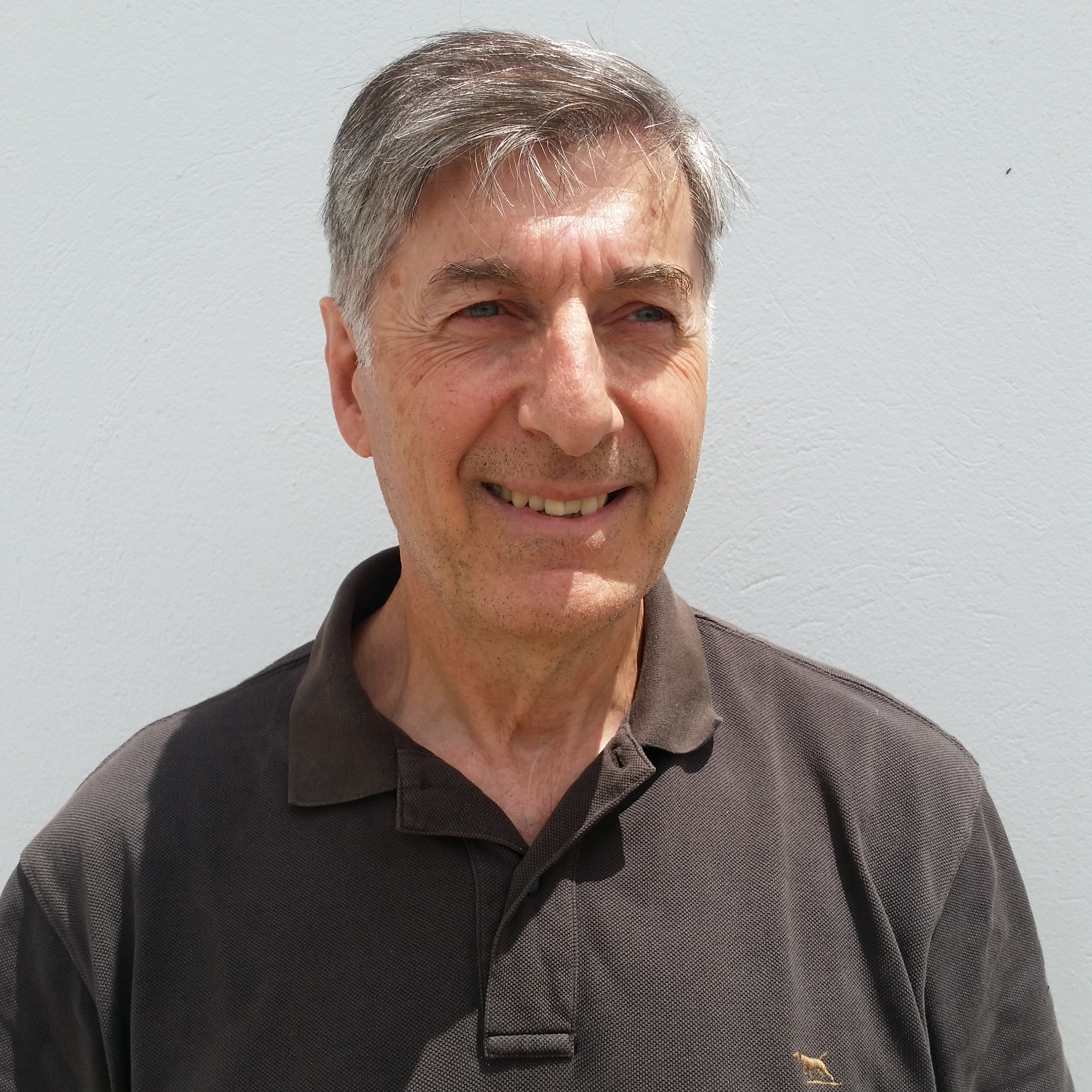
Tom
Petsinis
Deakin University, Melbourne, Australia
Bridges 2020 Virtual Poetry Reading
Tom Petsinis reads: A history of zero
https://vimeo.com/431626030
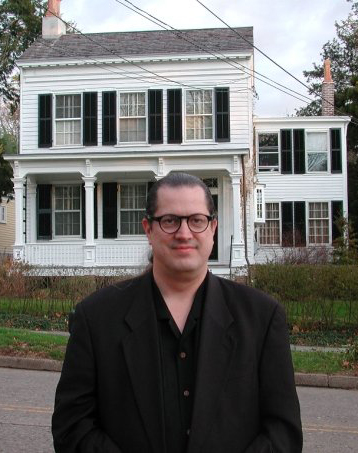
Kaz
Maslanka
San Diego, California, USA
http://mathematicalpoetry.blogspot.com/
Bridges 2020 Virtual Poetry Reading
Kaz Maslanka reads: Disengendered
https://www.youtube.com/watch?v=AC8ZmLf42Mw&feature=youtu.be
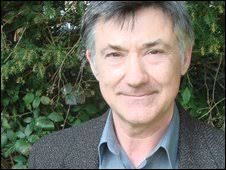
David Greenslade
Cardiff
Metropolitan University, Cardiff, Wales, UK
https://the-otolith.blogspot.com/2018/05/david-greenslade.html
David Greenslade reads: Two and thirteen, Theatre of numerals, High hopes, and Happy zero
---------------------------------------------------------------------------------------------------
